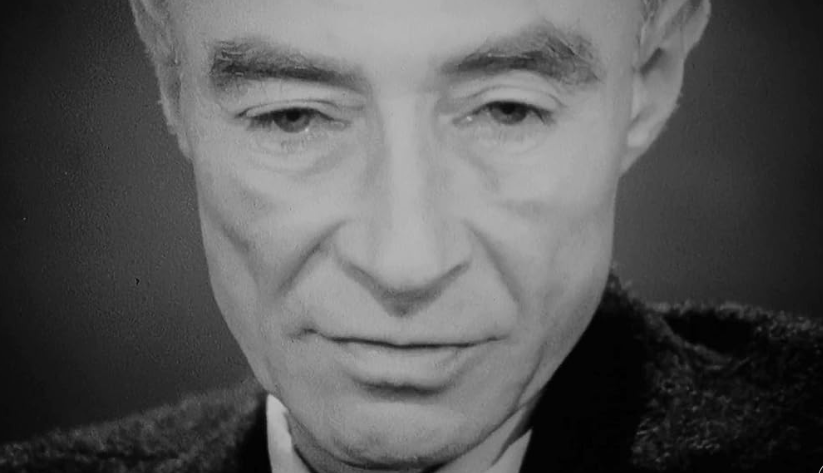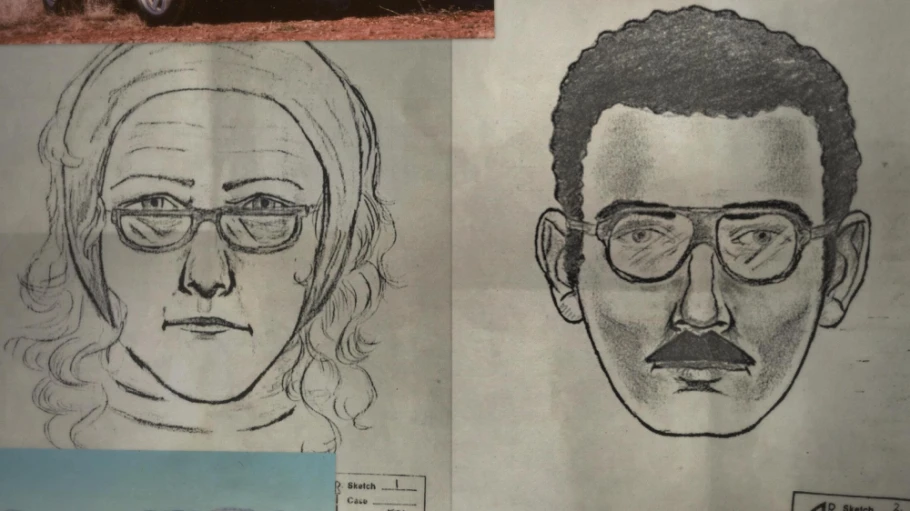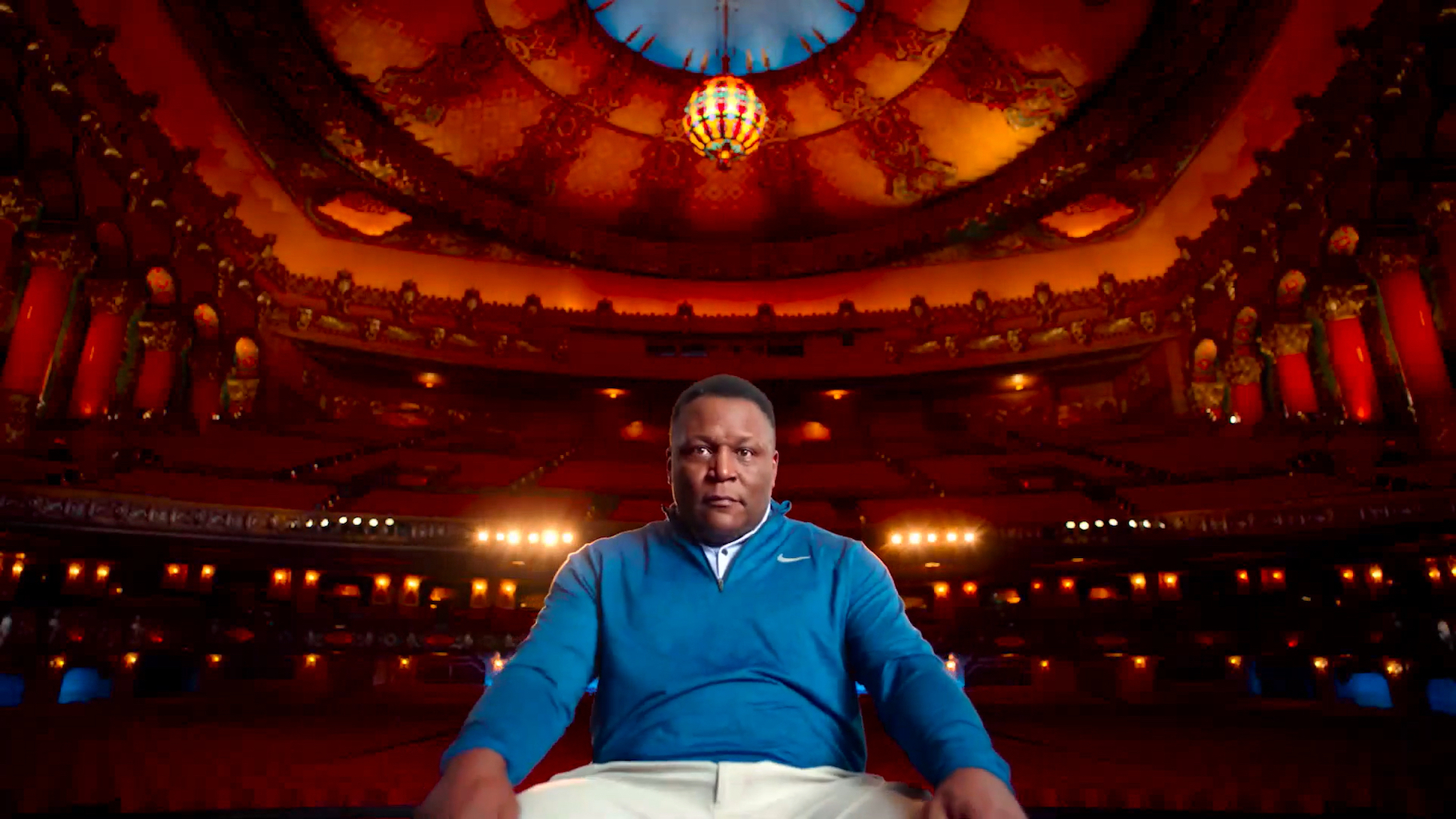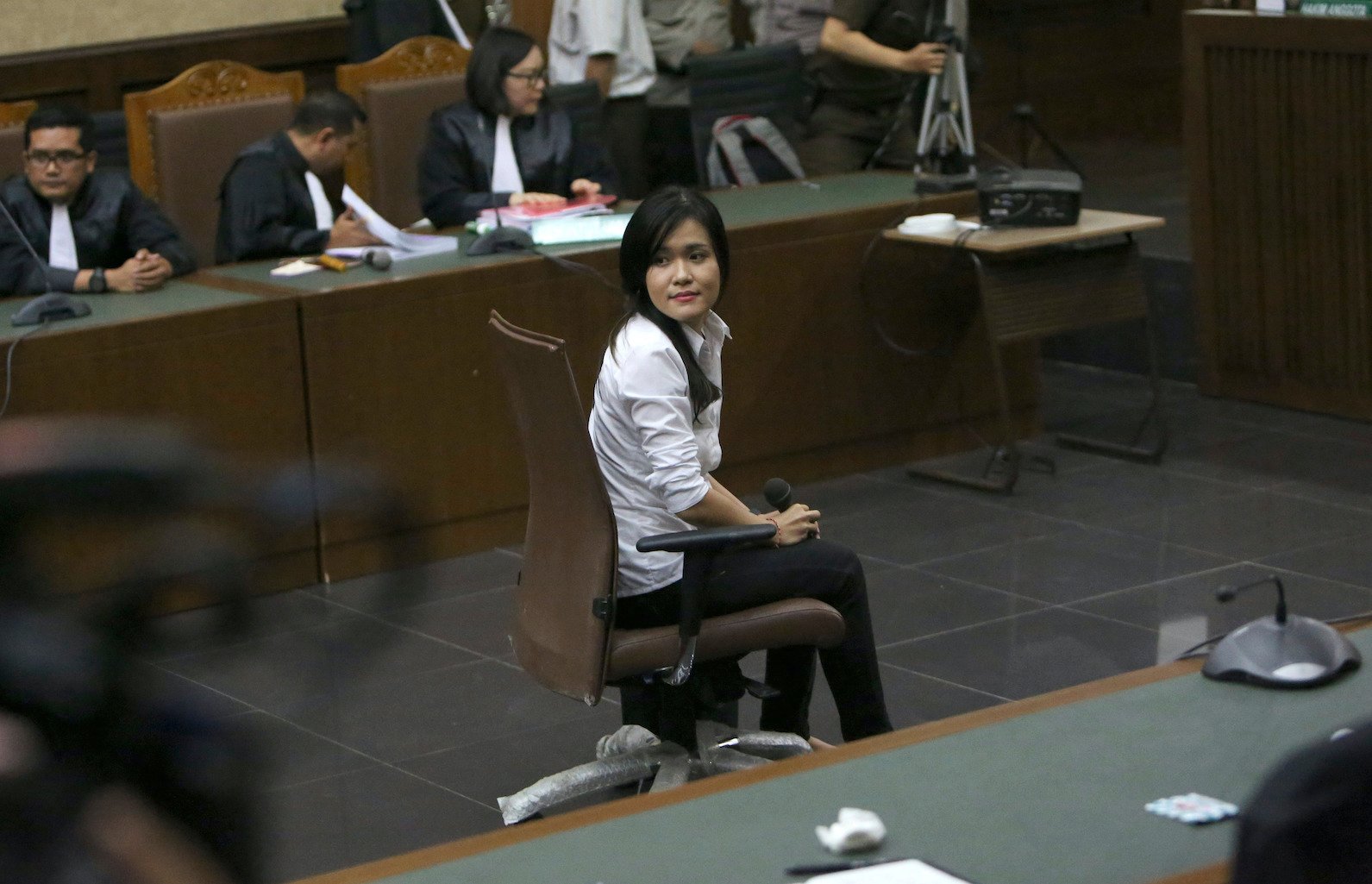With its release coming so close to that of Christopher Nolan’s blockbuster treatment of the same subject, To End All War has clearly been designed as a companion piece for that fictional film. Though it mostly performs its function in a by-the-numbers fashion, this rather unexceptional adaptation of Oppenheimer’s Wikipedia page is somewhat livened up by fascinating archival footage and a few compelling talking heads. Among these is Nolan himself, whose contributions provide interesting insight into the structure of his own Oppenheimer movie.
As its title suggests, To End All War hinges on Oppenheimer’s rationalization for developing the atomic bomb — namely, that, by creating such a catastrophically destructive weapon, he was, in effect, helping to deter future aggression. The film provides a counterpoint by suggesting that the scientists may have been somewhat swept up in egotistical fervor, though this is only gently touched on so as not to require the film to grapple too seriously with the ethics of its subject. This combination of ultimately non-threatening treatment with some genuinely compelling nuggets of perspective makes To End All War a quick, largely un-challenging way to brush up on history before or after tackling fictional exploration of its subject.
Genre: Documentary, History
Actor: Adolf Hitler, Alan B. Carr, Albert Einstein, Bill Nye, Charles Oppenheimer, Christopher Nolan, David Eisenbach, Edward Teller, Eleanor Roosevelt, Ellen Bradbury Reid, Hideko Tamura, J. Robert Oppenheimer, Jon Else, Judy Woodruff, Kai Bird, Leslie Groves, Martin J. Sherwin, Michio Kaku, Richard Rhodes, Vladimir Putin, Xi Jinping
Director: Christopher Cassel















